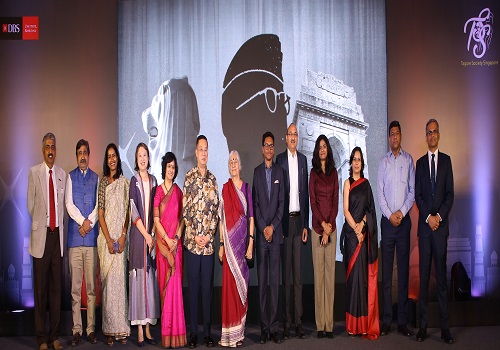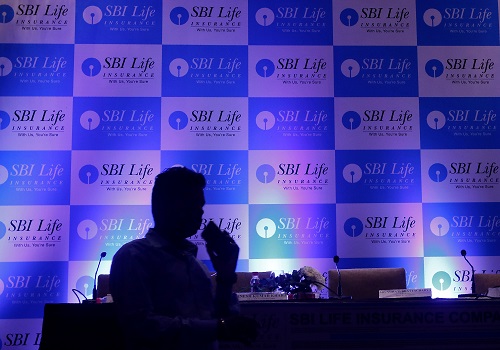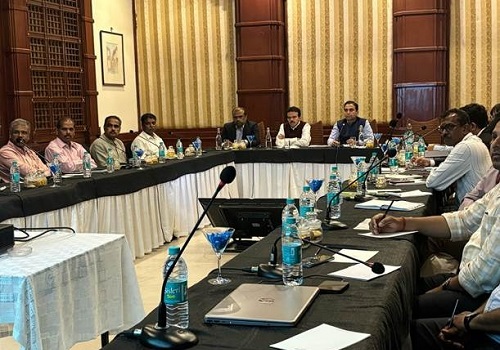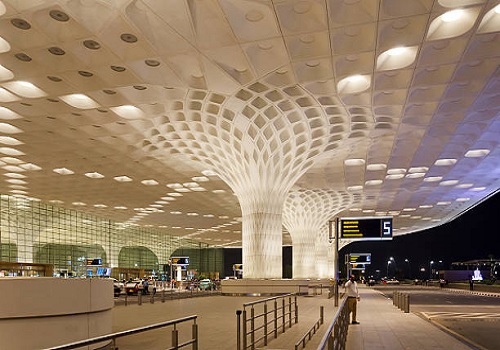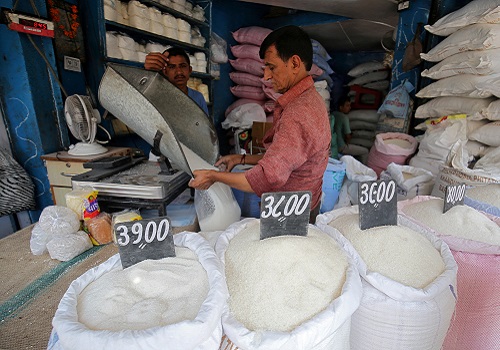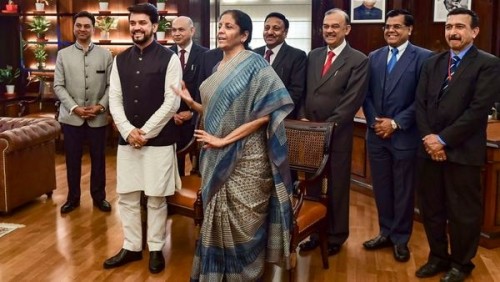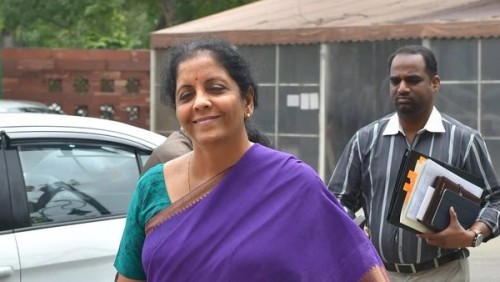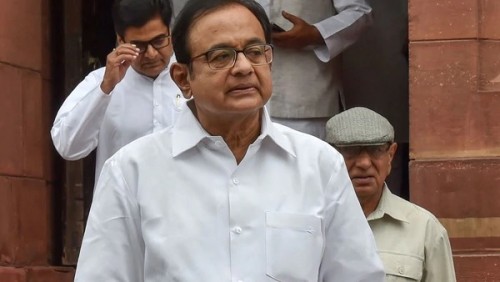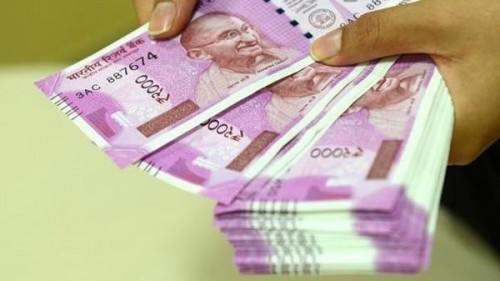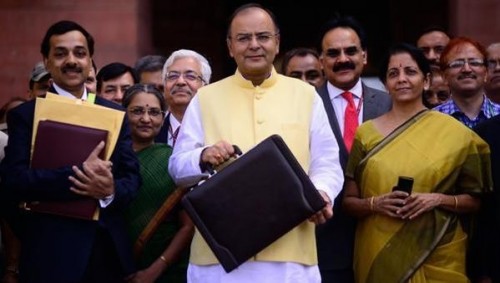Budget terms you should know
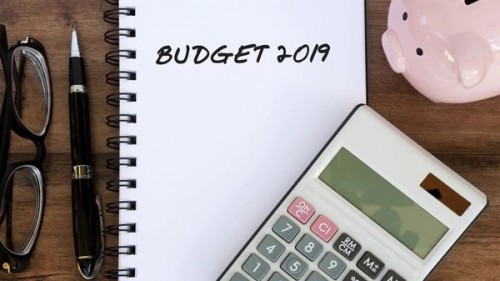
Follow us Now on Telegram ! Get daily 10 - 12 important updates on Business, Finance and Investment. Join our Telegram Channel
https://t.me/InvestmentGuruIndiacom
Download Telegram App before Joining the Channel
Now Get InvestmentGuruIndia.com news on WhatsApp. Click Here To Know More
Finance Minister Nirmala Sitharaman presents her first budget on July 5. An annual financial statement for the Union of India that contains the government's revenue and expenditure for a given fiscal year, the Union Budget is a massive and complex document.
Here is your guide to de-jargonise all the complex terms that you are likely to encounter in the budget.
Gross domestic product (GDP): The added value of output of all productive sectors in the economy as measured by the Central Statistics Office.
Fiscal deficit: Total additional borrowings made by the government every year to bridge the gap between its income and expenditure.
Capital and revenue expenditure: Expenditure that does not create any asset, such as subsidies and interest payments, is revenue expenditure. Spending to create assets such as highways, buildings and dams as well as loans given by the centre to the states come under capital expenditure.
Direct and Indirect Taxes: Direct taxes are the one that fall directly on individuals and corporations. For example, income tax, corporate tax etc. Indirect taxes are imposed on goods and services. They are paid by consumers when they buy goods and services. These include excise duty, customs duty etc.
Revenue Deficit: The difference between revenue expenditure and revenue receipt is known as revenue deficit. It shows the shortfall of government's current receipts over current expenditure.
Tax revenue: The primary source of income for the government. The government funds its expenditure by either directly taxing income of individuals/companies or by taxing goods and services consumed by people (indirect taxes).
Non-tax revenue: Additional sources of revenue for the government other than taxes. This includes revenues from interest receipts, spectrum auction and disinvestment, among other things.
Fiscal policy: It is the government actions with respect to aggregate levels of revenue and spending. Fiscal policy is implemented though the budget and is the primary means by which the government can influence the economy.
Capital Budget: The Capital Budget consists of capital receipts and payments. It includes investments in shares, loans and advances granted by the central Government to State Governments, Government companies, corporations and other parties.
Revenue Budget: The revenue budget consists of revenue receipts of the Government and it expenditure. Revenue receipts are divided into tax and non-tax revenue. Tax revenues constitute taxes like income tax, corporate tax, excise, customs, service and other duties that the Government levies. The non-tax revenue sources include interest on loans, dividend on investments.
Finance Bill: The Bill produced immediately after the presentation of the Union Budget detailing the Imposition, abolition, alteration or regulation of taxes proposed in the Budget.
Vote on Account: The Vote on Account is a grant made in advance by the parliament, in respect of the estimated expenditure for a part of new financial year, pending the completion of procedure relating to the voting on the Demand for Grants and the passing of the Appropriation Act.
Budget Estimates: Amount of money allocated in the Budget to any ministry or scheme for the coming financial year.
Revised Estimates: Revised Estimates are mid-year review of possible expenditure, taking into account the rest of expenditure, New Services and New instrument of Services etc. Revised Estimates are not voted by the Parliament, and hence by itself do not provide any authority for expenditure. Any additional projections made in the Revised Estimates need to be authorized for expenditure through the Parliament's approval or by Re-appropriation order.
Excess Grants: If the total expenditure under a Grant exceeds the provision allowed through its original Grant and Supplementary Grant, then, the excess requires regularization by obtaining the Excess Grant from the Parliament under Article 115 of the Constitution of India. It will have to go though the whole process as in the case of the Annual Budget, i.e. through presentation of Demands for Grants and passing of Appropriation Bills.
Minimum Alternative Tax (MAT): The Minimum Alternative Tax is a minimum tax that a company must pay, even if it is under zero tax limits.



